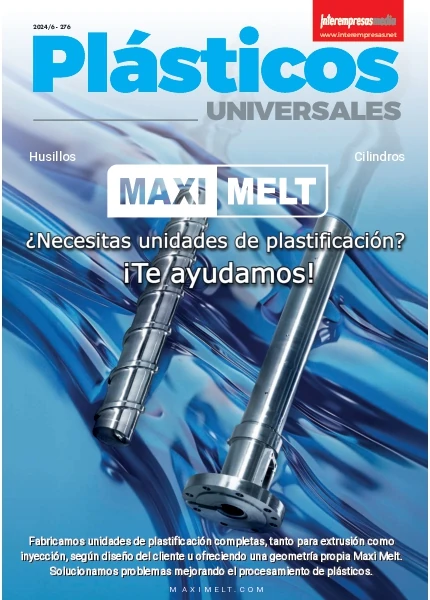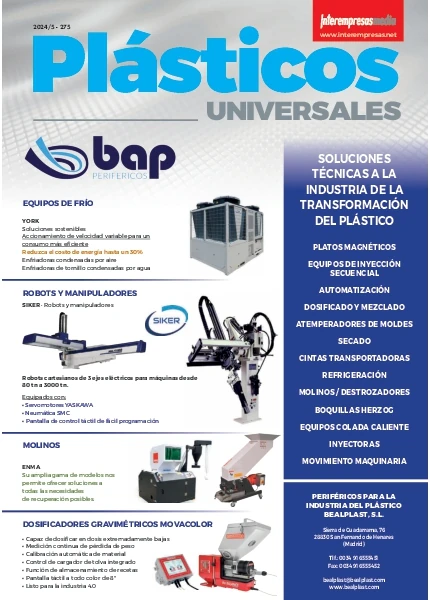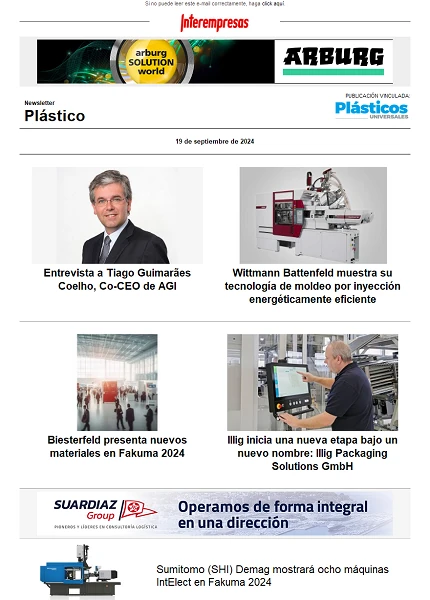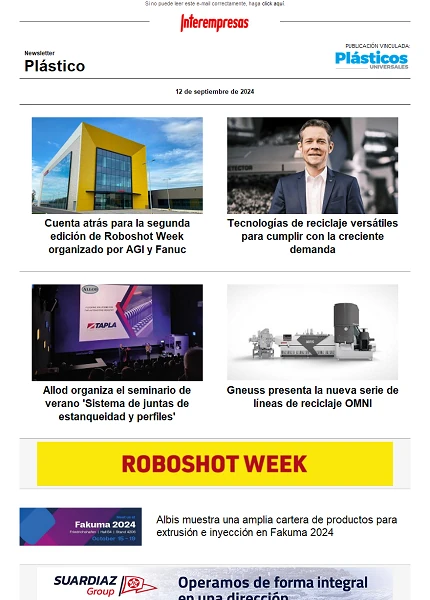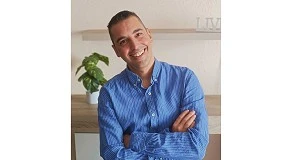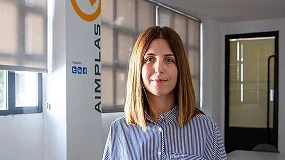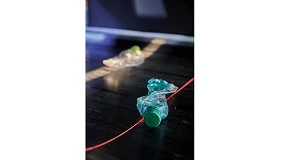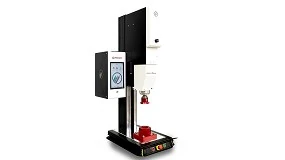The CSIC develops a PVC "more secure, sustainable and clean"
May 5, 2010
The study, which is published in the journal Macromolecules, opens the door to the development of PVC safer, sustainable and non-polluting, according to its authors, who have patented the innovation. The director of the study and researcher at the CSIC, Helmut Reinecke, the Institute of science and technology of polymers (CSIC), Madrid, contextualizes the potential economic impact of the study: "Laminating or soften the PVC, which is the area where our work fits", it is a process technologically very relevant. In fact, apart from the PVC hard that is used in construction to make Windows or pipes and it includes very few additives, many industries do all sorts of objects in soft PVC. "His presence in the hygiene sector and toys, thanks to the versatility of its processing, optical clarity and chemical inertia against biological fluids is particularly significant".
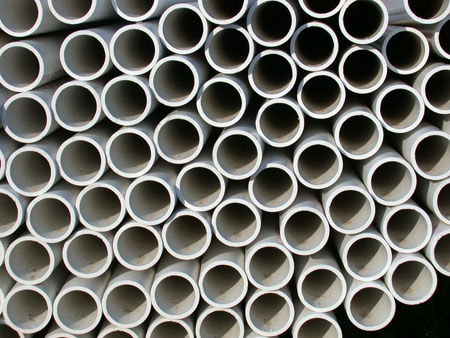
The role of phthalates
Teethers tubes of intravenous transfusion, catheters, bags, kitchen flooring, shower curtains, and a myriad of toys used PVC sheath in percentages of plasticizer that they sometimes reach 50% of the final weight. It is the only way, say scientists, laminating the PVC in a simple and economic way, because this polymer is hard and has a temperature of softening of 85 degrees Celsius. "The most widely used plasticizers are phthalates because they permit, due to its chemical structure, a very good blend with the polymer, therefore, is possible mix and develop any composition", explains the researcher at the CSIC.
However, with the passage of time the phthalates rise towards the surface of the product. "The consequences are, on the one hand, that PVC is gradually losing its initial and properties, on the other, which produces unwanted contamination in the environment that surrounds it," says the researcher at the CSIC. And added: "Within the body, metabolites of softeners act as powerful carcinogens, and harm the reproductive capacity and functions of the liver, according to the used phthalate." "For this reason, both the EU and USA have regulated and prohibited their use in many sensitive products".
Anchor how softeners
The development of Reinecke and his team achieved a goal sought by several research groups: anchor the plasticizer in polymer so that both are United on a permanent basis. Succeeded it by modifying the structure of two of the most commonly used phthalate, the (potentially carcinogenic) phthalate diaquil and diaquil isoftalato. This intervention in the structure of both chemical compounds can react in contact with the polymer and chemically bind irreversibly.
This chemical anchoring has been tested successfully in extreme conditions. Among other tests, the irreversibility of the anchor has been demonstrated by the fact that the heptane, a solvent that is often used to extract the phthalates in a short time, has not been able to release or a single molecule of plasticizer anchored in the new formulation. However, the researcher at the CSIC qualifies: "We tested our strategy in two specific phthalates, the most commonly used, but in principle you can also use any other".
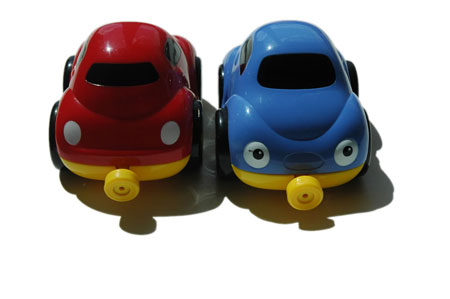
Reinecke recalls that, although the market have commercialized plasticizers alternative, none has managed to impose on the capabilities of phthalates and has an impact on the potential benefits of the research: "articles of PVC sheath with phthalates are cause for concern for human health beyond your own lifetime." Accumulated at landfills or thrown plastics without control environment also have an intractable problem, since they emit plasticizers that just scattering in the environment. "In this sense, our development guarantees safety during the lifetime of the product and then, when the plastic has been scrapped," he concludes.


